Supported by a Cardiff University Impact Accelerator Grant, Y Lab partnered with Seinoli Legal Centre and Protimos to explore if 10 years of collected data could be used to build a proof of concept for strengthening the rule of law in Lesotho.
Access to a justice system rooted in a stable, reliable, equitable rule of law is important economically, politically, socially, and morally.
2019 estimates from Justice for All report proclaim 4.5 billion people globally are ‘excluded from the opportunities that the law provides’, with 5.1 billion defined as ‘lack[ing] meaningful access to justice’. Resource-rich countries are increasingly the beneficiaries of massive investment projects, such as hydropower dams and diamond mines. The implementation of these projects greatly affect the livelihoods and rights of people traditionally living on those desired resource-rich lands before, during, and after breaking ground. These communities often lack access to lawyers and an understanding of formal legal structures, jeopardising their ability to prosper and share in the benefits.
The idea
The Seinoli Legal Centre (SLC) in Lesotho and the Protimos Foundation have a unique approach to legal empowerment and rule of law strengthening. Supported by a Cardiff University Impact Accelerator Grant, Y Lab partnered with SLC and Protimos to explore if their 10 years of collected data could be used to build a proof of concept and how developing a proof could better evidence the impact of their approach.
The SLC adopts a people-centred approach to legal services taking their work to communities in distant areas of Lesotho who, prior to the establishment of the SLC, had no meaningful, affordable access to legal services in Lesotho. Legal aid in Lesotho is virtually non-existent, is not totally free, and requires remote communities in the Highlands (a resource rich-area) most affected by large infrastructure projects to travel hours to possibly access minimal services.
SLC and Protimos UK are legal innovators. The SLC, supported by Protimos, was the first centre of their kind in Lesotho offering public legal services. Both see leveraging the full capacity of the rule of law (ie lawyers who will litigate if necessary) as an effective tool for reducing poverty and safeguarding the rights of indigenous communities affected by development projects. The bulk of their work has focused on communities affected by the Lesotho Highlands Water Project (LHWP). What makes them unique is their holistic legal approach combined with their dedication to representing and protecting discrete communities in the courtroom in a way that protects a sense of place and communal identity.
Protimos initiated the Seinoli Project in 2009 by strategically litigating an initial test-case to demonstrate the power of legal precedent. This test-case resulted in restored water access to the Mapeleng community (then 427 people) after 16 years of failed advocacy. People cannot live nor thrive without water. That precedent has now been accessed by 7 other communities, restoring water to 2,144 people. As the LHWP progresses into its next phases and new hydropower dams are constructed across Africa, this precedent could potentially benefit thousands more.
What we did
After a series of workshops in the UK, the Y Lab team went to Lesotho in April of 2019 to work with SLC, their board, and local stakeholders through a two-day conference on meaningful measurement. These activities helped the team to understand impact and sustainability from multiple vantage points. In July 2019, SLC’s Legal Director, Ms Reitumetse Nkoti Mabula, came to the UK to edit the initial version of the proof and co-write about the project.
All the activities helped us to listen, understand their theory of change, examine the data they had, and ultimately, create a database and a provisional proof of concept for their approach to rule of law strengthening. Hopefully this marks the beginning of an enduring partnership.
Insights
- Participatory design-methods have the power to amplify voice and experience in ways that traditional consultative methods cannot. The way we hosted the conference and the conversations it stimulated had a profound impact on the conference participants who invited the team to keep working with them. We feel very honoured about the reactions we received.
- We were overambitious with this project so there have been numerous challenges that we have learned from and some we are still grappling with. The biggest one being, how do you rapidly feedback insights and share learnings when using these participatory techniques to work on complex problems? We would like to be more agile in the future and think that methods and other ways of capturing data could potentially help.
